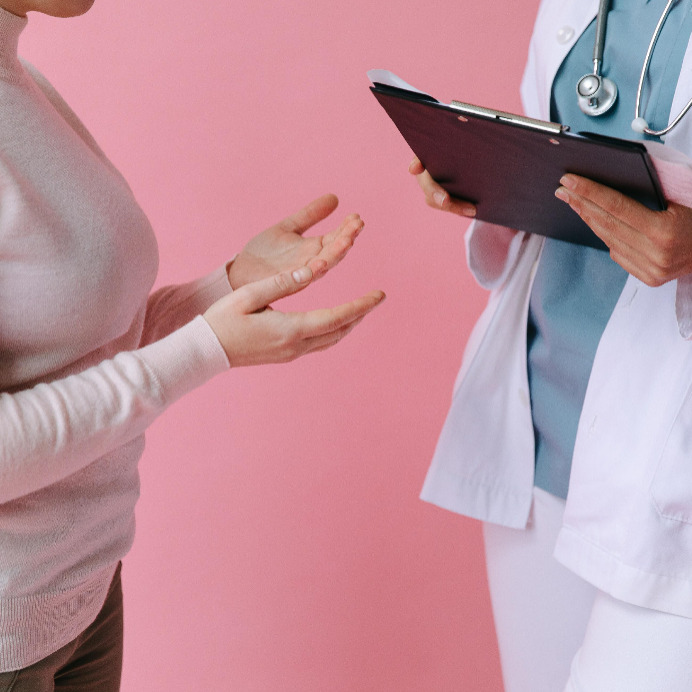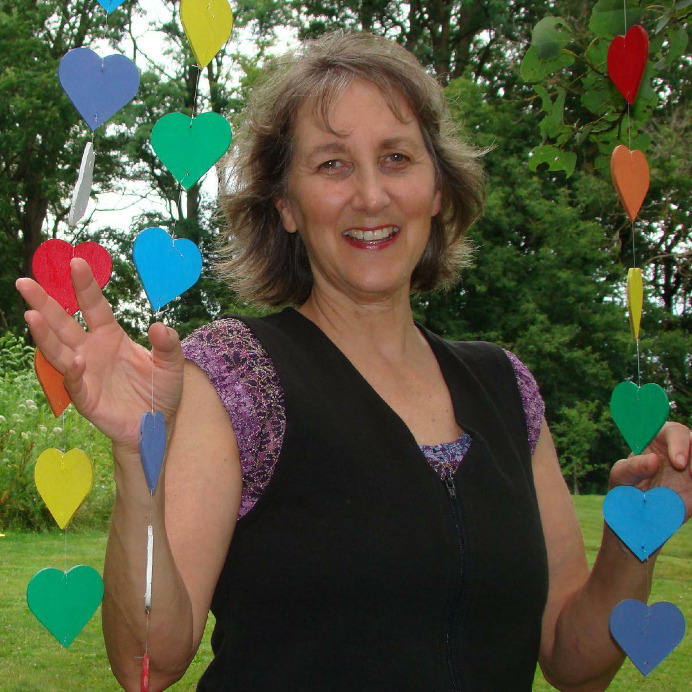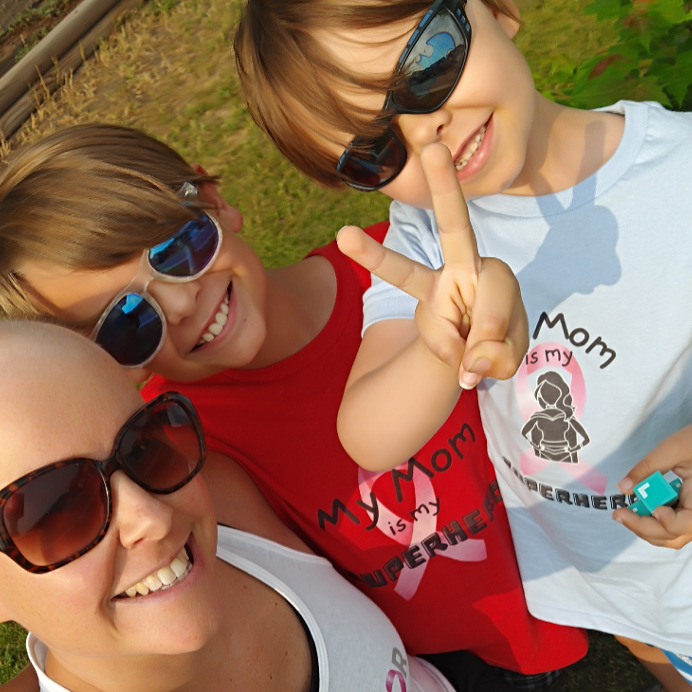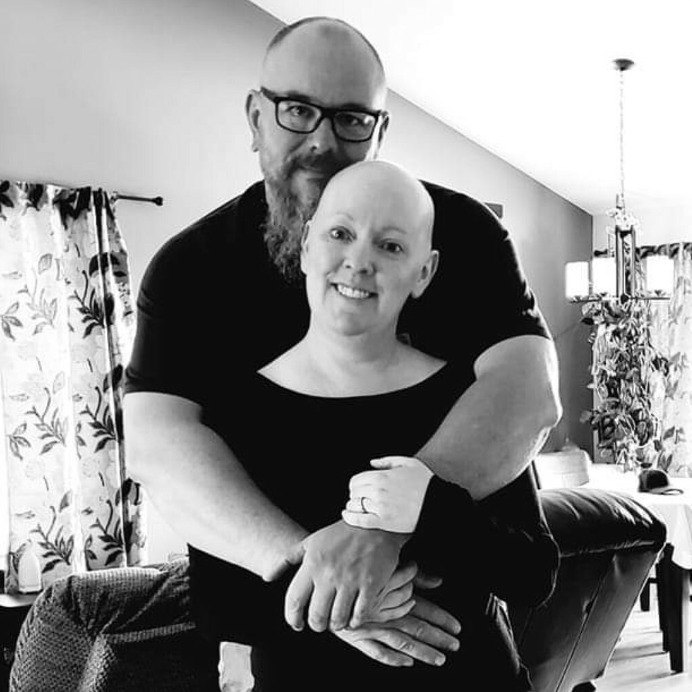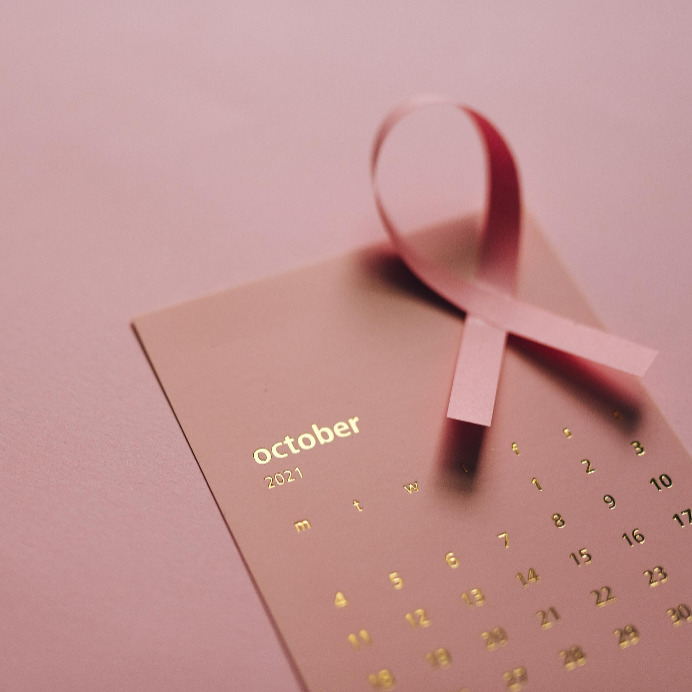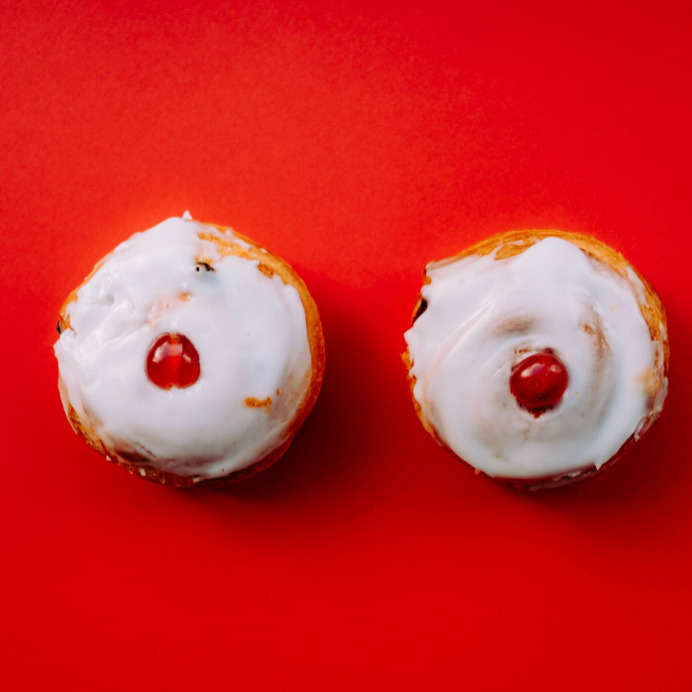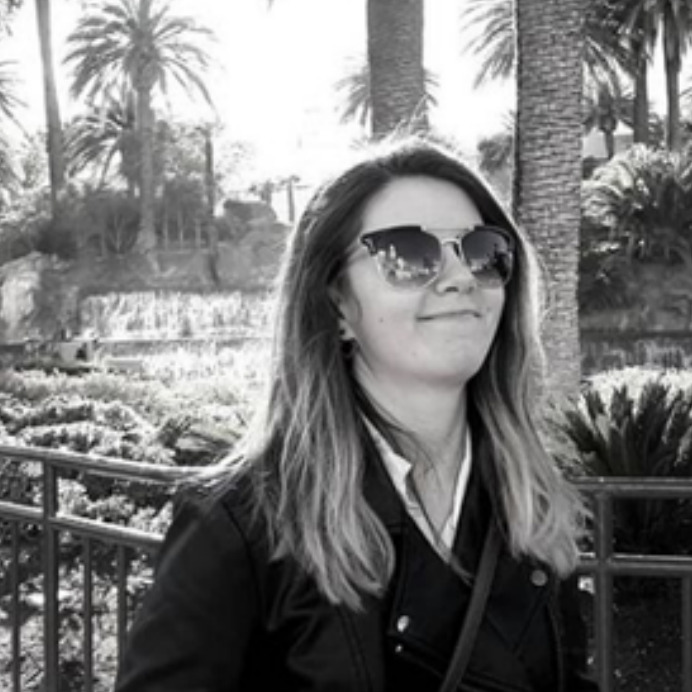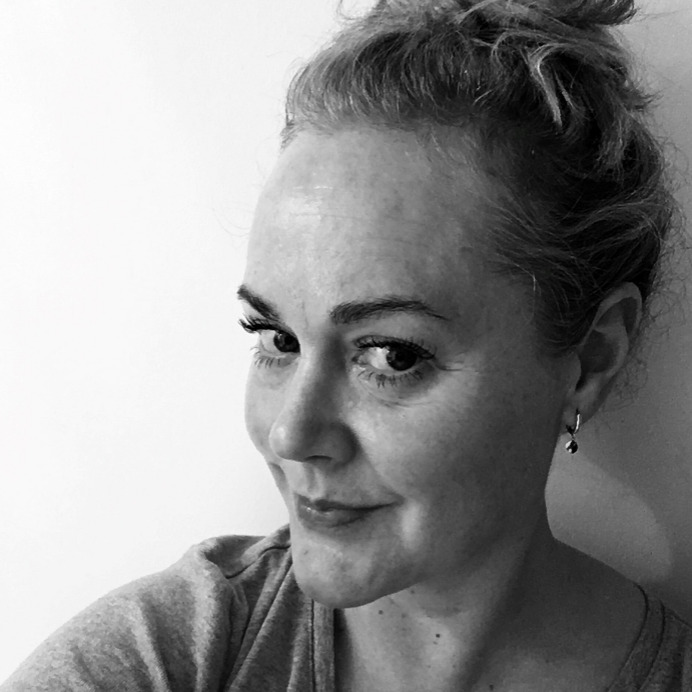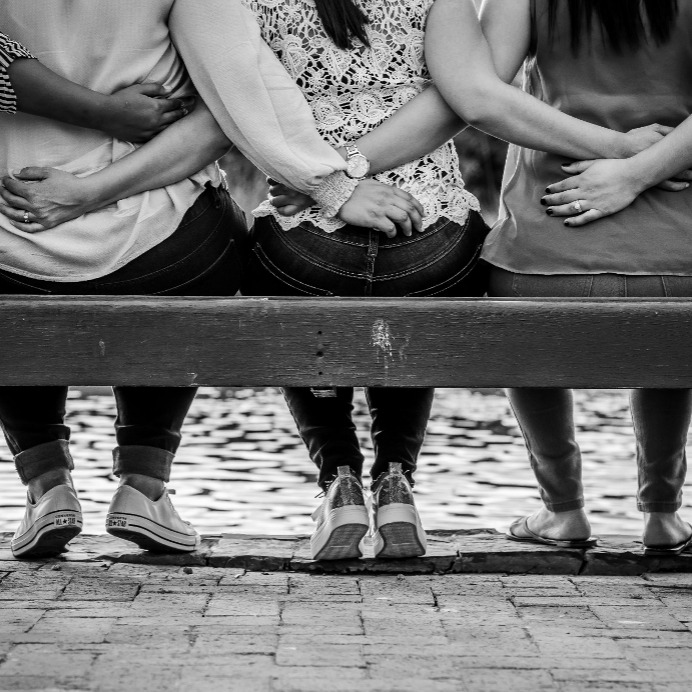By continuing to use our site, you consent to the processing of cookies, user data (location information, type and version of the OS, the type and version of the browser, the type of device and the resolution of its screen, the source of where the user came from, from which site or for what advertisement, language OS and Browser, which pages are opened and to which buttons the user presses, ip-address) for the purpose of site functioning, retargeting and statistical surveys and reviews. If you do not want your data to be processed, please leave the site.
The Voice of People With Breast Cancer
Education
Our Voices Blog
Category : Stories
I Screen, You Screen…But Can We Really Screen?
A little more than two months ago, I started having weird pains in my right breast. It’s a throbbing sensation that radiates from the right side of my breast all the way to my nipple and then beneath my breast. Sometimes it happens when my arm leans into my breast, other times when I move my entire arm and once in a while, from the impact of my bra resting against my breast. Touching the area with my hands only intensifies the pain and since I seem to have zero impulse control, I find myself pressing into these spots all the time to check if the pain is still there. It is.
From Crisis to Opportunity
There is never a good time to get a breast cancer diagnosis. Our family was about to vacation in Australia when I got the news. Because I had been on a fitness kick in the months beforehand, I felt so healthy that I couldn’t believe anything was wrong, but it was. A grade two tumour and two affected lymph nodes meant that holiday plans had to make way for surgery.
Laughter Really is the Best Medicine
When faced with the worst moments of life, we have two choices: lie down and die or stand up and fight. This was never truer than when I received my breast cancer diagnosis. I knew I had no other choice than to fight it with a smile on my face and as much positivity as I could muster – even if I had to fake it to make it, as they say. My boys looked at me with fear in their eyes and sadness in their hearts. This would be a defining time in their lives. I was (and still am) determined to make it a teachable moment: how to face life’s adversities and how your mindset can change everything, a lesson we could all learn.
Why Advocate For Breast Cancer, Especially if You’ve Been Diagnosed
I’m writing a different type of article because October is Canadian Breast Cancer Awareness Month. This article isn’t just about me or you. It’s for all of the women who are currently or yet to be diagnosed with breast cancer. So I need to be blunt.
Just Breathe
I was diagnosed in December 2019 at the age of 47. I was healthy, happy and at the height of my career. Just as I said to my husband of 25 years “Life just can’t get any better”, our world came to a grinding halt - “you have breast cancer”.
Breast Cancer Awareness is About More Than Pink Ribbons
Breast cancer awareness is about more than pink ribbons. Yes, we said it! It’s more than telling the world that breast cancer merely exists. We all undoubtedly know that it exists, and we likely all know someone touched by breast cancer. And yet, time and again, we hear patients say, “I wish I had known.” Because there is so much about breast cancer that goes unspoken.
My Breasts Are My Boobs
It’s safe to say I think about my breasts a lot. Wait. I just wrote breasts. Not boobs, tits, coconuts, gazongas or even The Girls. Breasts. Ugh. Having breast cancer has done this to me. It’s made me think of my boobs as breasts.
Being Diagnosed with Breast Cancer During a Pandemic
My name is Katharina and I was diagnosed with stage 2a breast cancer in March 2020 just when the pandemic was starting. I was 25 years old at the time. I had to go through testing and treatment alone without any support person by my side.
Feeling the Fear and Releasing It
Do you ever think that you have another tumour? I don’t mean a recurrence with a breast cancer lesion, but a secondary cancer. And if you do, do these dark thoughts catch you by surprise in random pockets of moments, like when you feel an ache in your shoulder, or a knotted muscle along your spine, or when you take a deep breath and experience a sharpness of pain before you fully exhale? When this happens, do you immediately think, “fuck, I have a tumour,” and then have to talk yourself down from this mental, paranoid ledge? I do.
You Get to Choose the Love You Surround Yourself With
I lost my cat, Trixie-Belle. She died from a squamous cell carcinoma, an aggressive type of mouth cancer, one week before the winter holidays last year. There was nothing my veterinarian could do to save her. She simply woke up one morning with a spot on the roof of her mouth and then, after performing every possible examination and a round of drugs, she was gone.

